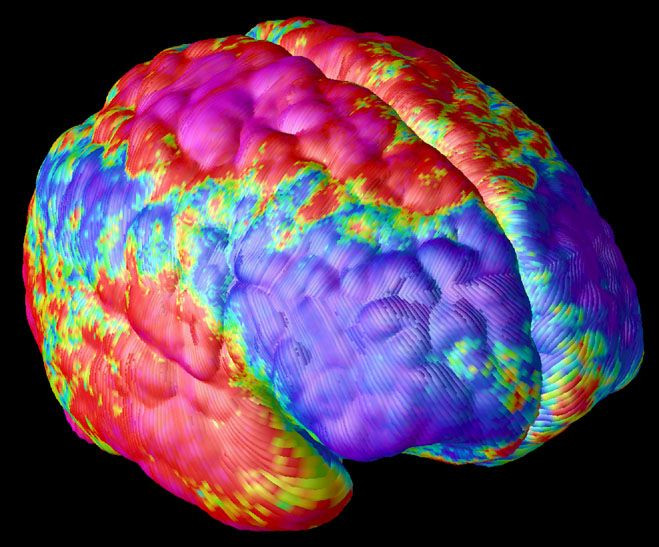A New Drug May Soon Reduce Brain Damage From Stroke

After more than 15 years of trial and error, Canadian neurosurgeon Dr. Michael Tymianski may have finally pioneered a new drug that could limit brain damage during a stroke.
In a study published in the journal Lancet Neurology, it was revealed the new drug NA-1 is safe for public use. Dr. Tymianski had developed the drug in the lab and oversaw the project which was led by Dr. Michael Hill, from the Calgary Stroke Program at Foothills Medical Centre and University of Calgary's Hotchkiss Brain Institute.
In a study conducted between September 2008 and March 2011, researchers randomly assigned more than 150 patients either NA-1 or a placebo treatment. The 92 individuals who received the NA-1 drug experienced a 50 percent reduction in brain damage. Those who suffered brain aneurysms and are at very high risk of neurological damage, experienced positive neurological outcomes with the new drug.
Dr. Tymianski had initially tested the drug on primates in a Toronto lab. NA-1 works by blocking signals produced by a protein in the brain that cause cells to die during a stroke.
"The greatest challenge facing stroke researchers today is finding ways to translate their scientific discoveries to situations that can be of clinical benefit to patients," Dr. Tymianski said. "Our work provides a path forward - a method to predict whether a stroke drug may be effective in humans."
Currently, the only treatment approved for stroke therapy is tPA (tissue plasminogen activator). tPA works by unblocking the arteries to the brain. This clot-blocking remedy restores blood flow by dissolving the blood clot causing the stroke. It must be given within 4.5 hours following stroke symptoms.
Researchers are now working on a larger clinical trial on humans who have suffered a stroke. Patients will likely be given the drug in transit to the hospital by ambulance or in the emergency department.
"Not only does this study take us one step closer to having a neuroprotectant drug for stroke patients, it will also provide us with a better way of testing future treatments to ensure they will benefit people," Dr. Tymianski said.



























